Search by Topic
- Acid Reflux 1
- CDC 1
- CT Scans 1
- Corticosteroids 1
- Delta Variant 1
- Flu vaccine 1
- GERD 1
- Gastroesophageal Reflux Disease 1
- HEPATITIS C 1
- Intermittent Fasting 1
- Johnson and Johnson 1
- KETO DIET 1
- MDVIP 1
- MS 1
- Masks 1
- Men's Health 1
- Moderna 1
- Multiple Sclerosis 1
- Pfizer 1
- Plenity 1
- Tryptophan 1
- alcohol 1
- alcohol abuse 1
- aspirin 1
- blood pressure 1
- bone health 1
- calcium 1
- cardiovascular 1
- cardiovascular disease 1
- cholesterol 1
- coconut oil 1
- coronary plaque 1
- coronavirus 12
- covid vaccine 4
- covid-19 19
- covid-19 in Children 1
- covid-19 testing 1
- deep venous thrombosis 1
- diabetes 2
- diet 1
- emotional wellbeing 1
- exercise 2
- fitness 1
- flu 3
- flu vaccine 1
- healthy holiday 1
- healthy living 1
- hearing 1
- heart disease 1
- heart disease prevention 1
Cholesterol is a waxy substance that our body uses both to build cells and certain hormones. Too much cholesterol can pose a problem.
The liver makes enough cholesterol for our needs. Dietary cholesterol, found in meat, poultry and full-fat dairy products, adds to our blood cholesterol levels. These foods also contain saturated and trans fats, which cause the liver to make even more cholesterol.
While cholesterol is circulating in the blood, it can join with other substances to form thick, hard deposits on the inside of arteries. These can narrow the arteries and make them less flexible, resulting in a condition known as arteriosclerosis. If a blood clot should form and block one of these narrowed arteries, a heart attack or stroke can occur.
Unhealthy behaviors can be the main culprits behind high cholesterol numbers. You can improve your cholesterol levels by eating a healthy diet, increasing physical activity, avoiding smoking and exposure to tobacco smoke and losing excess weight. Heredity can also play a role if you inherit genes from parents and grandparents that cause you to have too much cholesterol. Hereditary high cholesterol can be dangerous because it can lead to early-onset heart disease.
Two types of lipoproteins carry cholesterol in the blood—low-density lipoprotein (LDL) and high-density lipoprotein (HDL). LDL, the “bad” cholesterol, leads to the development of arteriosclerosis, while HDL, the “good” cholesterol, acts as a scavenger that carries LDL cholesterol from the arteries back to the liver, where it is removed from the body. Think of LDL as a litterbug and HDL as a vacuum cleaner. Triglycerides, the most common fat in the body, store energy from your diet. In combination with high LDL levels, high triglyceride levels can contribute to arteriosclerosis.
Medications can help control high cholesterol levels. While many medicines have been touted to reduce cholesterol levels, statins are clearly the most effective and are the first-line therapy for most patients needing treatment. If you have any of the following conditions, you should consult with your doctor about possibly starting statin therapy:
History of heart disease caused by arteriosclerosis
LDL cholesterol levels greater than 190
Age 40-75 years, with diabetes
Age 40-75 years, with LDL cholesterol level of 70-189 with other arteriosclerosis risk factors
There are other options for patients who do not tolerate statins.
It’s easy to get your cholesterol tested. Your doctor can arrange a fasting test (no food or beverages except water for at least 8 hours before the test). To determine your cardiac risk, your doctor will consider your cholesterol results as well as factors including age, sex, family history, smoking, diabetes and high blood pressure. Then you should have a discussion with your physician about any additional testing that may be necessary and if you should begin treatment.
Use this link to calculate your cardiovascular risk: www.cvriskcalculator.com

